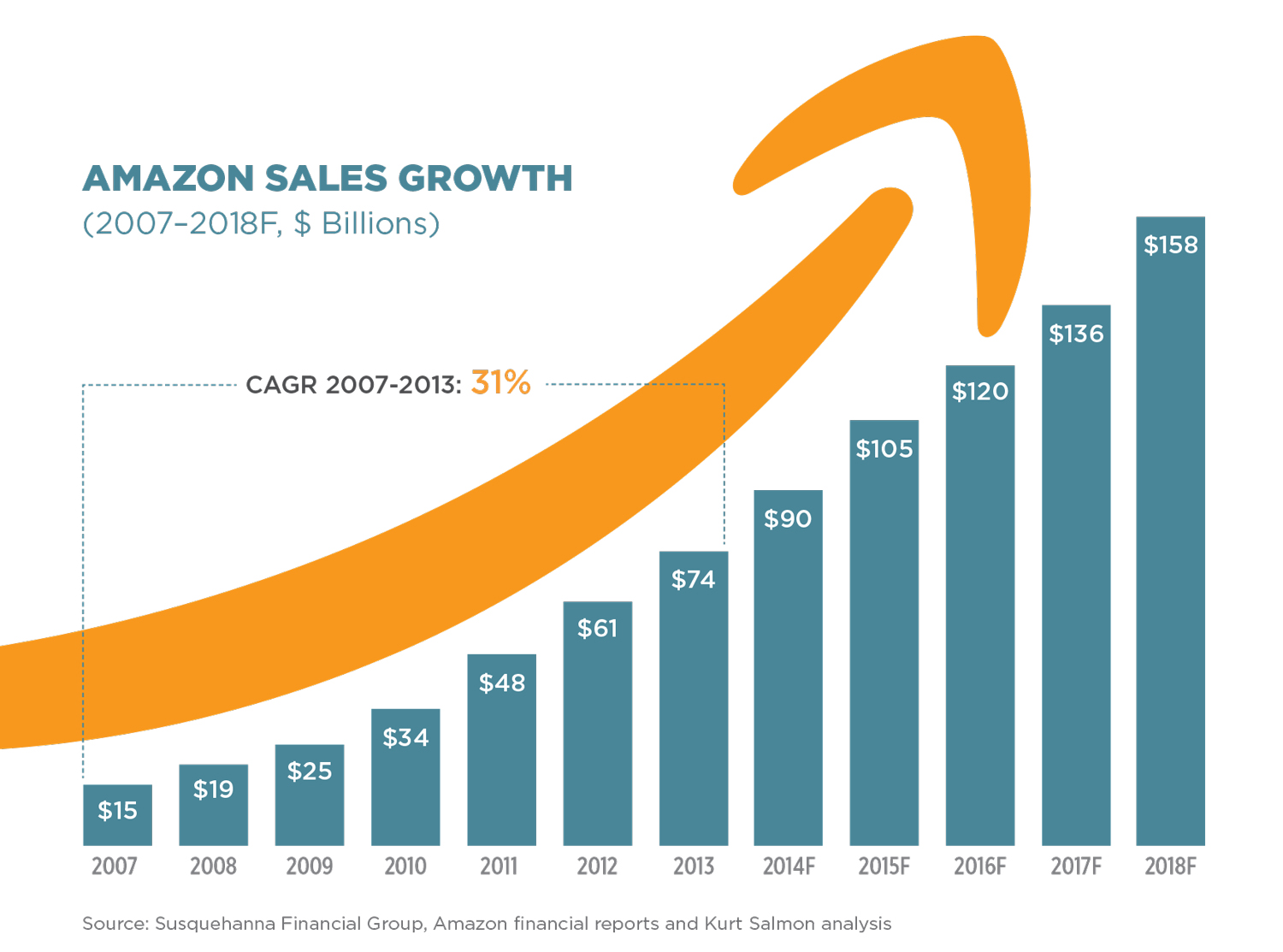Introduction
Closing a high-ticket sale is no small feat. It’s often the most challenging part of selling, requiring more skills and knowledge than any other step in the sales process. But, when done right, high ticket sales training can yield amazing results for you and your business. So, how do you go about closing a high-ticket sale securely and efficiently? Read on to discover what strategies and approaches help close high-ticket sales, guaranteed!
The Four Types of Closes
There are four types of closes that you can use to seal the deal on high ticket sales. They are:
- The assumptive close: This is where you assume that the sale has been made and move on to thank the customer and finalize the sale.
- The alternative close: This is where you offer the customer two options and let them choose which one they want.
- The takeaway close: This is where you tell the customer that you will have to think about their offer and get back to them. This usually works best when combined with an ultimatum.
- The direct close: This is where you just come out and ask for the sale outright.
The Questions You Need to Ask
When you’re ready to close a high-ticket sale, there are certain key questions you need to ask your potential buyer in order to assess their true level of interest. By asking these questions, you can determine whether or not they’re truly ready to make a purchase, and if so, how likely they are to follow through.
The first question you need to ask is: why are you interested in this product or service? What needs does it address for you? This will help you understand their motivation for considering a purchase, and whether or not the product is a good fit for them.
Next, you’ll want to ask about budget. How much do they realistically have to spend on this item? This information will help you gauge whether or not they’re able to afford your product, and also give you some negotiating room if necessary.
Lastly, it’s important to find out when they’re planning on making a purchase. Are they ready to buy now, or do they need more time to think about it? If they’re not ready to commit immediately, that’s okay – just be sure to follow up and continue nurturing the relationship until they are.
Asking these questions before closing a high-ticket sale will help ensure that you only close deals with buyers who are truly interested and invested in your product. By taking the time to qualify your leads upfront, you can avoid costly mistakes further down the road.
Overcoming Objections
Assuming you have done everything up to this point in the sales process correctly, there are only two possible outcomes when you attempt to close the sale: the prospect says yes, or the prospect says no.
If the prospect says yes, congratulations! You have just closed a high-ticket sale.
If the prospect says no, don’t despair. It is not the end of the world. In fact, it is quite common for prospects to say no when you first attempt to close the sale. The key is to overcome objections and get the prospect to say yes.
There are four main types of objections that prospects may give when you attempt to close the sale: price, features/benefits, timing, and risk. Let’s take a look at each one and how you can overcome them.
Price: This is probably the most common objection that prospects will give. They may say that your product or service is too expensive or that they can’t afford it. The key here is to focus on value. Help the prospect understand how your product or service will save them money or make them money in the long run. For example, if you’re selling a software program that will help a business save time and money on their accounting, be sure to emphasize those points. If you’re selling a luxury item, such as a piece of jewelry, emphasize its unique features and how it will last a lifetime.
Features/Benefits: The prospect may not be
How to Get Your Foot in the Door
In order to close high-ticket sales, you need to get your foot in the door with the right prospects. Here are a few tips on how to do just that:
- Do your research. Find out as much as you can about your potential customer – what their needs are, what their pain points are, etc. This will help you determine whether or not they are a good fit for your product or service.
- Build rapport. Once you’ve identified a good prospect, it’s important to build rapport with them. Get to know them on a personal level and find common ground. This will make it much easier to sell to them later on.
- Be persistent. Don’t give up after the first rejection – keep trying! The more times you contact a prospect, the more likely you are to eventually land a sale.
- Offer value. When you’re finally able to get in touch with a decision maker, make sure you offer them something of value – whether it’s a free consultation, a valuable resource, or something else entirely. If they see that you’re offering something of worth, they’ll be more likely to listen to your pitch.
When to Use a Trial Close
If you’re selling a high-ticket item, you need to close the sale with a trial close. A trial close is simply asking the prospect if they would be willing to take the next step in the sales process, without making a commitment.
For example, let’s say you’re selling a $5,000 coaching program. You might ask the prospect if they’d be willing to schedule a call with you to discuss the program in more detail. If they say yes, then you know you’re on the right track and you can move on to the next step in the sales process.
Asking for a commitment too early can often kill the deal, so it’s important to use trial closes throughout the sales process to gauge where the prospect is at and whether or not they’re ready to buy.
The Power of the Assumptive Close
The assumptive close is one of the most powerful closing techniques in sales. By assuming that the sale has been made, you can confidently move forward with your sales process and increase your chances of success.
When used properly, the assumptive close can be an extremely effective way to close high-ticket sales. Here are three tips to help you use this technique effectively:
- Make an Assumption About the Sale
When you make an assumption about the sale, you are essentially telling your prospect that you believe the sale has been made. This creates a sense of confidence and urgency that can prompt your prospect to take action.
- Be Confident in Your Assumption
If you are not confident in your assumption, your prospect will likely sense it. Remember, confidence is key when using the assumptive close technique.
- Use Language That Assumes the Sale Has Been Made
The words you use when making your assumption are important. Be sure to use language that clearly states that you believe the sale has been made. For example, instead of saying “I think we have a deal,” try saying “Congratulations on your new purchase!”
Conclusion
Overall, closing high-ticket sales can be tricky but with the right knowledge and strategies, it doesn’t have to be intimidating. In this article, we discussed tips from experts in the field that will help you close more high-ticket deals with ease. From prospecting to building trust, there are plenty of ways for you to increase your success rate when closing big sales. With these tips in mind, what strategies do you plan on implementing into your own process? Let us know in the comments below!




